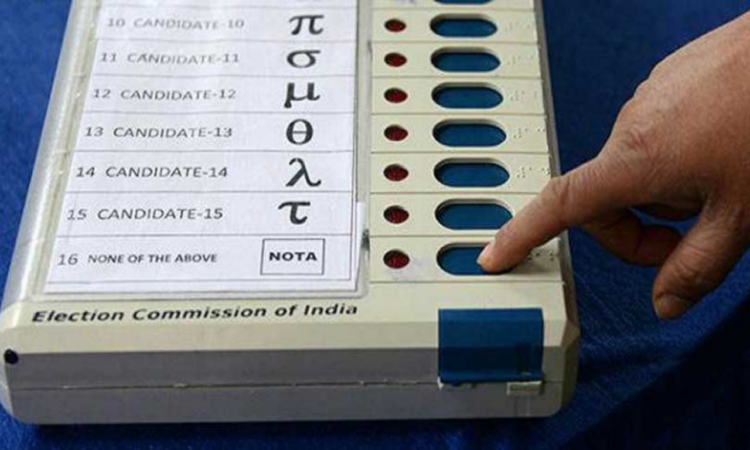In a noteworthy session, the Supreme Court engaged in a rigorous examination of the credibility of Electronic Voting Machines (EVMs) while dismissing calls for a return to traditional ballot papers. The apex court’s scrutiny came during a hearing on Tuesday, where petitioners questioned the reliability of EVMs and advocated for a complete verification of votes with Voter Verifiable Paper Audit Trail (VVPAT) slips.
Presiding over the two-judge bench, Justice Sanjiv Khanna, expressed skepticism toward reverting to the ballot paper era, stating, “Fortunately, we are now in our sixties. We have seen what used to happen earlier. Have you forgotten that? If you have forgotten that, I am sorry, I have not forgotten.” This remark was in response to Advocate Prashant Bhushan’s plea for 100% verification of EVM votes.
Bhushan’s reference to ballot papers sparked a debate on alternative voting methods. Justice Khanna cautioned against romanticizing past systems, highlighting vulnerabilities associated with ballot papers. Justice Dipankar Datta emphasized the complexity of India’s electoral process, dismissing comparisons with European countries.
The court scrutinized claims suggesting widespread distrust in EVMs, questioning the basis of such assertions. Bhushan cited a poll conducted by CSDS-Lokniti, which was challenged by the bench, cautioning against relying on private surveys.
Moreover, concerns were raised regarding the accountability of EVM manufacturers. Justice Khanna challenged the feasibility of entrusting manufacturing to the private sector. The bench emphasized the importance of factual data in assessing EVM functionality and integrity.
Bhushan proposed alternative measures to enhance transparency, including allowing voters to physically deposit VVPAT slips and replacing opaque EVM glass with transparent ones.
The discussion also touched upon the Election Commission of India’s stance on sharing EVM source code, citing intellectual property rights. Allegations of political influence in EVM manufacturing were countered by the bench, emphasizing the need for concrete evidence.
The hearing adjourned with a promise to resume deliberations on April 18, with the court pledging to seek clarification from the Election Commission regarding discrepancies and procedural concerns raised during the proceedings

















Comments